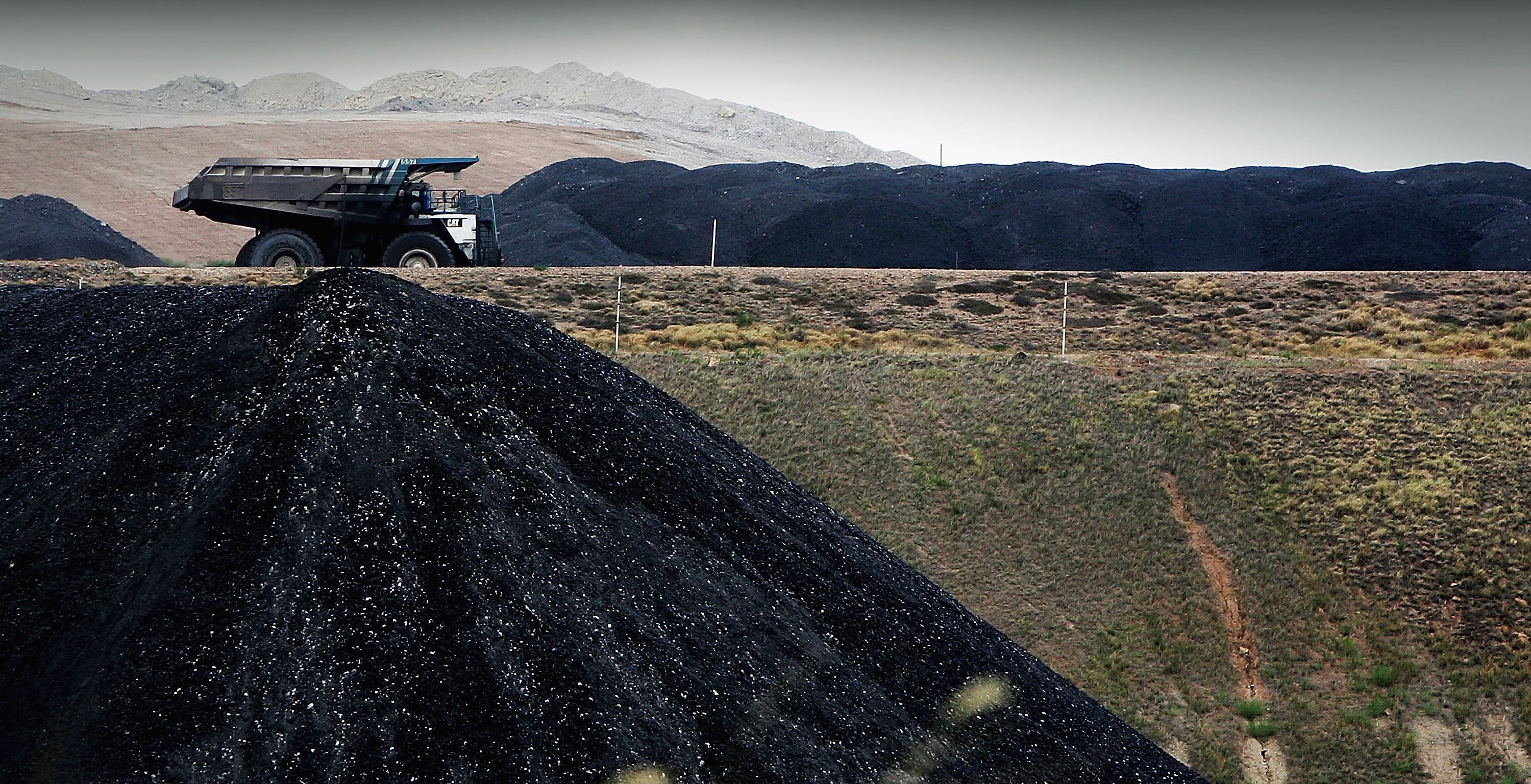President Obama’s wide-ranging climate change action plan announced today starts the clock on formulating long-awaited regulations restricting emissions from existing US coal-fired plants. Given a lack of congressional appetite for such measures, the president released a 21-page action plan designed to address climate change with domestic and international actions.
Building on the carbon pollution standard for new power plants proposed last April, “President Obama is issuing a Presidential Memorandum directing the Environmental Protection Agency to work expeditiously to complete carbon pollution standards for both new and existing power plants,” according to the “President’s Climate Action Plan,” which can be viewed in its entirety here.
White House officials told reporters on a briefing call last night the Presidential Memorandum directs EPA to “have a plan by next June.” The regulations will undoubtedly face stiff opposition from industry and politicians in coal states, and the rule-making process will likely drag on for several years, making actual emissions reductions a longer-term prospect.
And while the coal-fired power plant battle rages in the states, one of the plan’s more interesting measures “calls for an end to US government support for public financing of new coal plants overseas,” with the following provisions:
except for (a) the most efficient coal technology available in the world’s poorest countries in cases where no other economically feasible alternative exists, or (b) facilities deploying carbon capture and sequestration technologies.
While this initiative takes a stab at addressing CO2 emissions from other countries – which is crucial to moving the needle on global emissions – its overall effectiveness is questionable given recent increases in US coal exports.
The US exported over 66 million tons of coal to Europe and 32.5 million tons to Asia in 2012, year-on-year increases of 23% and 18% respectively. Coal exports to China and India increased 80% and over 50% respectively from 2011 to 2012, according to EIA data.
Inasmuch as private companies own and export coal – and many are looking to increase overseas sales in the face of what could be an extended period of declining domestic consumption – there is little the federal government can do, which serves to highlight the complex challenges associated with mitigating climate change at the global level.

